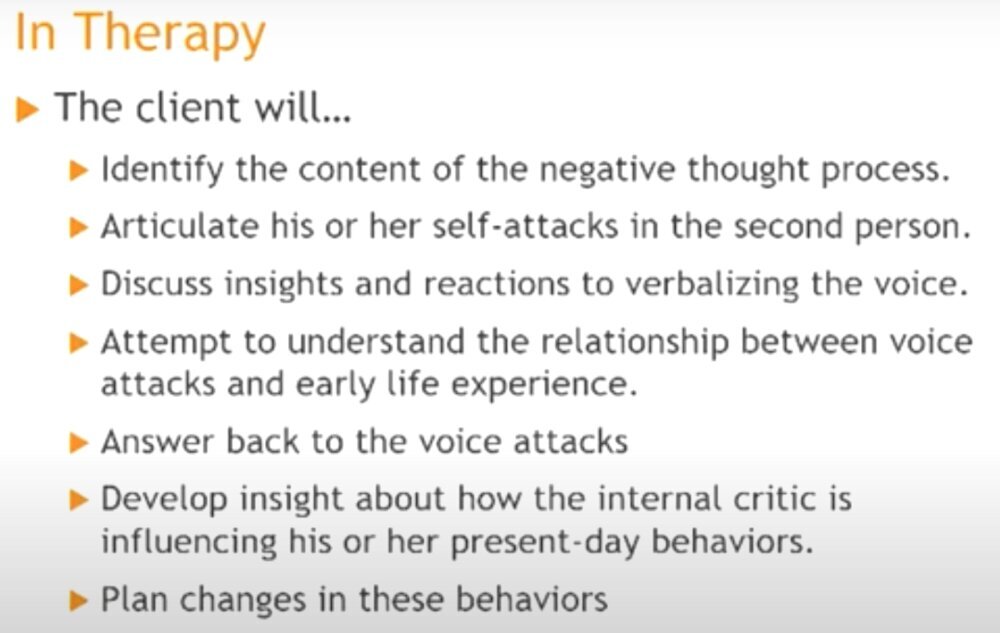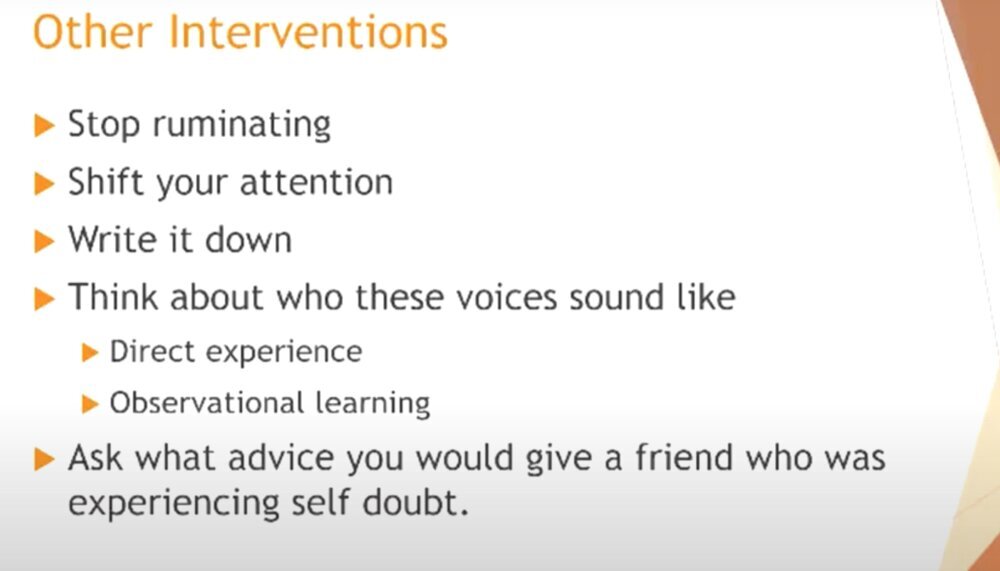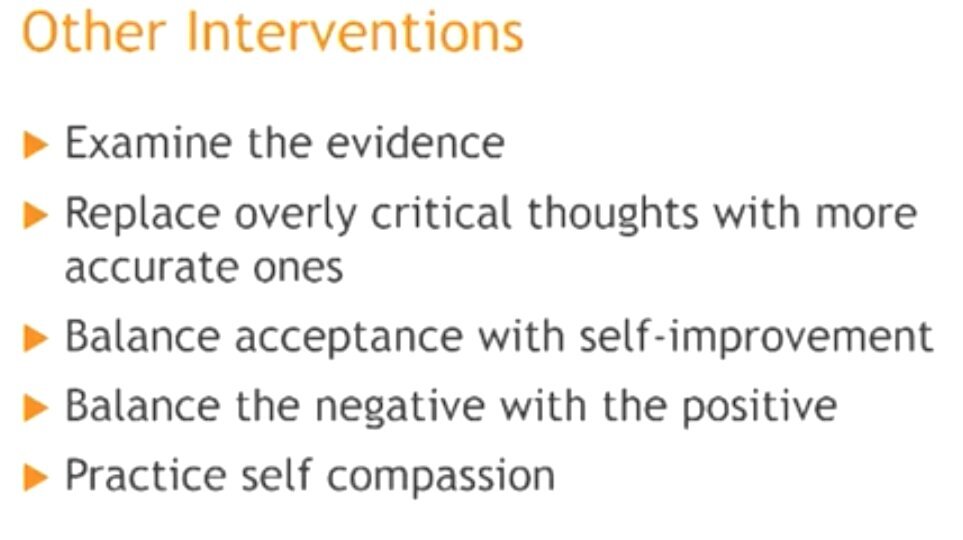Last edited:
You are using an out of date browser. It may not display this or other websites correctly.
You should upgrade or use an alternative browser.
You should upgrade or use an alternative browser.
- Thread starter Daniel E.
- Start date
More threads by Daniel E.
When you feel like you can’t be self-compassionate, understand our natural negativity bias.
We all have a negativity bias. It’s there with the intention to keep us safe. Your ancestors who were on the lookout for mountain lions lived longer than those who sniffed flowers all day.
But we are centuries beyond the point in our evolution where we need to be on guard in order to keep safe at all times. When you’re living with chronic stress and anxiety, your negativity bias is sticking in the on position. Meaning, all you can see are threats.

 www.psychologytoday.com
www.psychologytoday.com
The attempt to project the image that other people will like, approve of, and judge favorably is very strong. It is this motive that is the primary driver of the introject. That is, the need to look good and to be approved of or to carry a strong reputation gets internalized. As this happens, an inner critic develops that can be thought of as occupying the space between the ego and the persona. That is, it is a voice that is serving to judge the self before others do. Given how important our reputations are in the social world, this basic function to try and “be good” and manage the impression one makes on others is perfectly natural.
Unfortunately, what happens to many people is that the voice takes on a life of its own. Eric Berne made an interesting adjustment to Freud’s tripartite theory of the id, the ego, and the superego. In his transactional analysis, he transformed these three domains into the child, the adult, and the parent. In this formulation, we can see the introject as a kind of critical parent that is judging the inner child harshly in an attempt to ensure that the child behaves in a way that is socially responsible and acceptable.
How to motivate yourself with kindness instead of self-criticism
How to motivate yourself with kindness instead of self-criticism by Sandy Woznicki, StressAndAnxietyCoach.com May 19, 2021 It’s crazy to me now, to look back and realize how freaking hard I was on myself for decades. Had I ever talked to anyone else the way I talked to myself, it would surely...
forum.psychlinks.ca
You have a natural negativity bias that is working hard right now.
When you feel like you can’t be self-compassionate, understand our natural negativity bias.
We all have a negativity bias. It’s there with the intention to keep us safe. Your ancestors who were on the lookout for mountain lions lived longer than those who sniffed flowers all day.
But we are centuries beyond the point in our evolution where we need to be on guard in order to keep safe at all times. When you’re living with chronic stress and anxiety, your negativity bias is sticking in the on position. Meaning, all you can see are threats.
- What could go wrong.
- What is wrong.
- What might be wrong.
- If you get a ninety on a test, you look at that ten that you missed and not the ninety that you achieved.
Last edited:

Do You Struggle With a Critical Inner Voice?
Why does a critical inner voice develop, and what can one do to reduce it?
The attempt to project the image that other people will like, approve of, and judge favorably is very strong. It is this motive that is the primary driver of the introject. That is, the need to look good and to be approved of or to carry a strong reputation gets internalized. As this happens, an inner critic develops that can be thought of as occupying the space between the ego and the persona. That is, it is a voice that is serving to judge the self before others do. Given how important our reputations are in the social world, this basic function to try and “be good” and manage the impression one makes on others is perfectly natural.
Unfortunately, what happens to many people is that the voice takes on a life of its own. Eric Berne made an interesting adjustment to Freud’s tripartite theory of the id, the ego, and the superego. In his transactional analysis, he transformed these three domains into the child, the adult, and the parent. In this formulation, we can see the introject as a kind of critical parent that is judging the inner child harshly in an attempt to ensure that the child behaves in a way that is socially responsible and acceptable.
Last edited:
Replying is not possible. This forum is only available as an archive.
Similar threads
- Replies
- 0
- Views
- 2K
- Replies
- 1
- Views
- 6K
- Replies
- 1
- Views
- 2K
- Replies
- 1
- Views
- 1K



